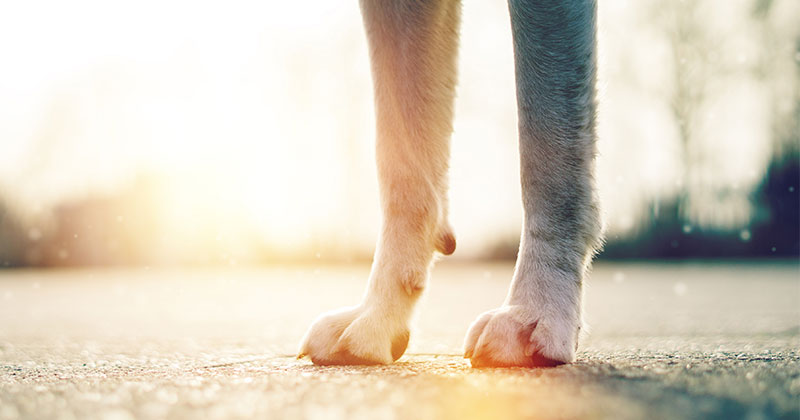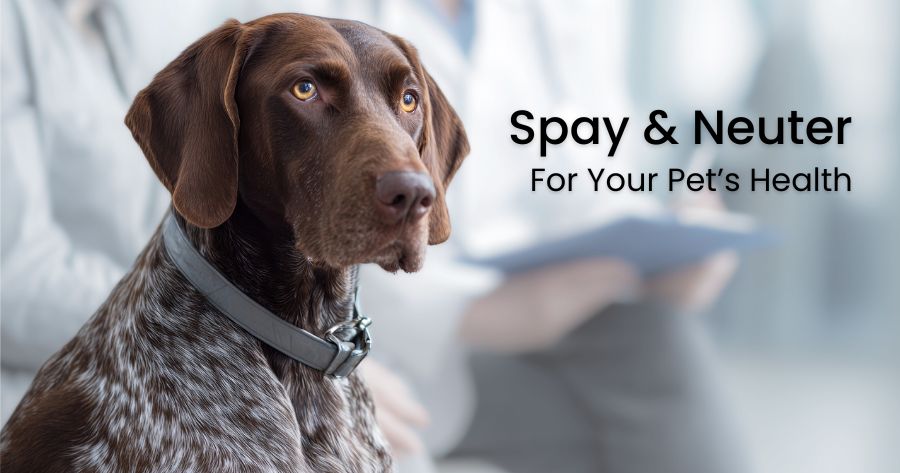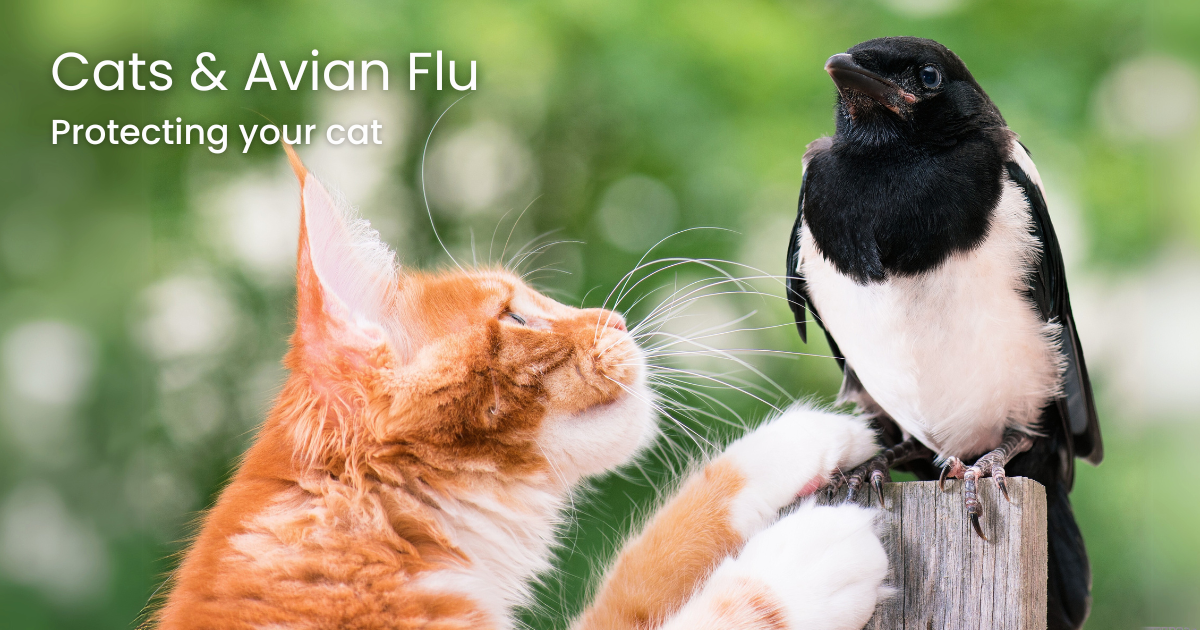
Facing the end of your pet’s life is one of the most challenging experiences for any pet owner. It's an emotional time filled with difficult decisions, and knowing how to cope can feel overwhelming. Whether you're considering your pet's comfort, managing your own grief, or preparing for the inevitable, it’s important to have guidance and support.
The word euthanasia is derived from the Greek, literally meaning, “good death.” It is a matter of ethical and practical necessity and one of the most difficult decisions a pet owner will ever have to make. Although it is the right thing to do and is the most humane way to end the life of your pet, it can be a psychological nightmare of confusion, guilt and final responsibility for the loving pet owner. When the time has come to make that decision, you may seek the advice of close friends, family members or your veterinarian, but ultimately, that very personal decision is yours to make.
This is described as “the sadness before the loss”. Many of us feel a deep sense of loss while our pet is still with us. The grieving process can actually begin as early as the moment we learn that our pet is terminally ill or once we face the difficult decision to euthanize. We anticipate the ending of our pet’s life and are reminded that the dreaded goodbye is nearing. This begins the series of losses that we can feel. The effect anticipatory grief can have on us varies greatly. Some may feel sadness, anger, fear, anxiety and depression. Others may experience a sense of peace or calm, knowing that their pet may soon be at peace and no longer suffering.
There are some things that can help you in coping with anticipatory grief:
Sometimes observing their pet’s final moments may be too overwhelming for a pet owner. Maybe you are more comfortable saying goodbye to your pet in a separate room prior to the procedure. If this is the decision you prefer, make it known. You have made a very painful and important decision and there should be no shame. Just know that oftentimes those who opt for not being present can often feel a sense of guilt about this because they are final moments.
As terrible and difficult as it is for a pet owner, some may choose to be present at their pet’s final moments. This moment is so intensely personal and emotional that it often becomes overwhelming. Your loving and caring eyes are the last image they see before they cross over the rainbow bridge. Your pet will feel comfort with your calming presence and it will help you in processing their death. It is an experience that is never forgotten.
With either decision, you will experience great sadness. It is time to allow yourself to grieve. The veterinary professionals are there for you. Please know, that even though this is a procedure that they perform on a regular basis, they acknowledge your grief and feel sadness as well.
Your heart feels like it will never heal. You may become overwhelmed with intense sadness which may be followed by anger and/or guilt. These are all-natural and normal feelings. This is your grief trying to find an outlet. This is the way our minds deal with grief immediately following an emotionally traumatic event.
Who Should be Present During Your Pet’s Final Moments
Some parents question whether or not a child should be present during the euthanasia procedure. It is a personal decision for the parent and one that should be given a great deal of thought. This would depend on the age of the child and the relationship he/she had with the family pet. It may be too overwhelming for some children. You may need to check with your veterinarian to see if there are any restrictions or if this is permitted in their practice.
Some pet owners bring their other companion pets with them so they can smell and see the other pet in their final moments. This is thought to be beneficial to the remaining pet, so they can witness the other pet’s last moments. The death of a pet is felt by all in the home, including surviving pets. They grieve as well. You may need to check with your veterinarian to see if there are any restrictions or if this is permitted in their practice.
The decision to euthanize can be devastating and very traumatic. Even when it is abundantly clear or medically necessary to euthanize our pets the decision to euthanize can leave us angry, regretful and filled with guilt. Life or death decisions, even when suffering is evident, are not easily made, nor should they be.
You have made that decision and euthanasia has taken place. Our intellect and our ability to reason takes a moment to catch up with our broken heart. At this time many are unable to think clearly and may seem like they are not capable of making any more decisions. We are overwhelmed with so many thoughts and emotions at this time. During the days following, we may be filled with self-blame and begin to question ourselves. Did I wait too long or did I euthanize too soon? You may assign guilt for the loss to yourself, instead of to the illness or event that took your pet’s life. You may imagine that if you should have, could have or would have followed another course of treatment or earlier intervention, that would have changed the outcome (which you would most likely be wrong to think this way.) Some may feel that they are going crazy or losing control because their grief and sorrow are so strong. These are all-natural and normal feelings and they will pass.
When we adopt a pet, we become their stewards, taking exceptional care of them and making the best decisions possible throughout their lives and in death. They thank you for all you have done for them through their love. They would not want you to be consumed with sadness or blame yourself for any actions taken. You did the very best you could.
Honor your pet by continuing on with your life with memories of them remaining in your heart, always and forever.
Here are some coping skills to help you with your grief:
Barbara Axelson
Certified Pet Loss and Bereavement Counselor
http://imissminetoo.com/

.png)
